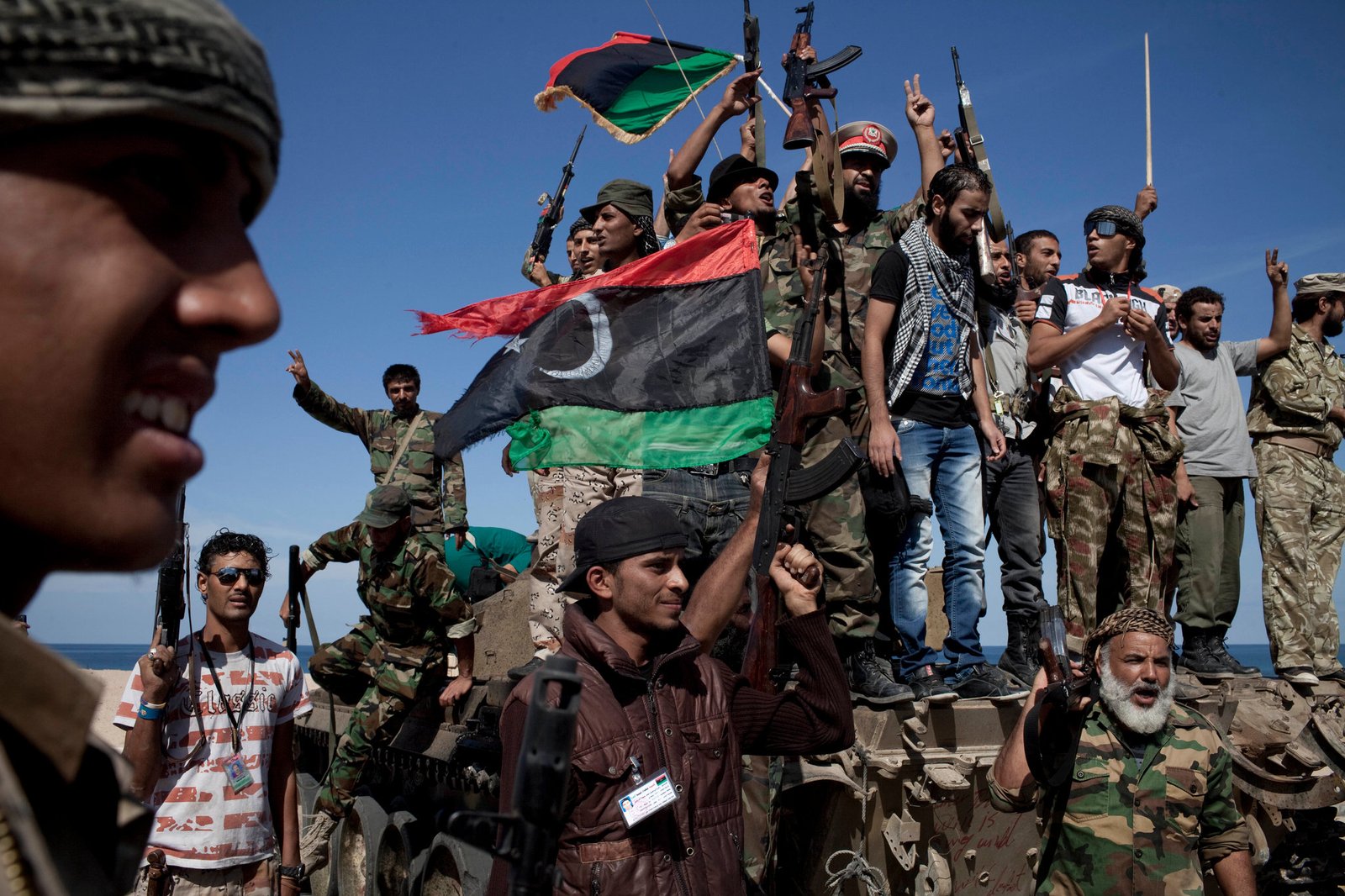After years of political chaos and half-measures to promote democratic procedure in the country, there is a glimmer of hope as the Libyan elections commission announces registration for candidates. These elections are a key step according to the UN to create widely accepted leadership in Libya and end the decade of violence and instability that began after the fall of Gaddafi.
There continues to be fear among the masses regarding the shift in power, legitimacy, or even what these elections could mean in a divided country. In this article, we go through the last half-century of political and social instability in the North African country and analyze the standing of the upcoming elections.
What makes this country different from any other poverty-stricken volatile African country? Oil.
Oil and the Change in Fate for Libya
In the late 1950s, significant oil reserves were discovered in Libya. At the time, the extraction was under the control of foreign petroleum companies and prices were unfairly set for domestic consumers. Muammar Gaddafi, a young army officer, rose to the situation and threatened to close off production to the major oil companies.
And soon, the contracts were renegotiated and Libya became one of the only countries at the time to share revenues in their oil production. In 1969, the army officer seized political power after a military coup. The monarchy was abolished and Gaddafi established an anti-Western dictatorship in the country. During the 1970s, Gaddafi went on to take back control of the foreign-owned oil fields, kicking out U.S. and British military bases as well as Italian and Jewish heritage Libyans. Islamic laws were reintroduced, alcohol was banned but new social welfare plans were also launched.

But unchecked power lead Gaddafi to take his anti-imperialist campaigns around the world. From Philippine Muslim rebels and Palestinian guerrillas to the Irish Republican Army (IRA), he funded and supported a variety of terrorist organizations.
And back home with tight control of a police state: collective punishment, life imprisonment, and the death penalty were common charges for anyone that spread theories aiming to hamper the constitution or information that could tarnish the country’s reputation. The freedom of speech was squashed and dissidents based abroad were murdered.
It was a dictatorship in all the true sense.
The Libyan Overthrow in 2011
After some forty years of Gaddafi’s rule, massive political protests broke out in February of 2011. The NATO-led coalition of foreign troops and airstrikes were being conducted targeting Gaddafi’s forces. According to an article by Washington Post in 2011.
Gaddafi exploited his unpredictability to keep his enemies off-balance, and he reportedly survived numerous plots and assassination attempts to become one of the longest-serving rulers in the world until rebels drove him from power this week.
He was killed in November of 2011.

By the recount of an article published by Al Jazeera, there was a ‘sense of optimism’ for a new beginning in the eyes of Libyans. But sadly, that wasn’t in the stars for the people of Libya.
The Two Governments of Libya
Today, the North African country is divided by two separate political forces. The first is known as the Government of National Accord (GNA) or the Tripoli administration. It is recognized by the UN and backed by Turkey. While the other is staged out of Benghazi and backed by France, Egypt, Russia, and the UAE. Despite France being a permanent member of the UN’s Security Council, it continues to back the government unrecognized by the UN itself. France continues to do this out of self-interest. The country has ongoing defence contracts with other supporters of alternate governments like Egypt and the UAE.
And all this international back and forth has further exacerbated the problem of instability in Libya. An article published by the Al Jazeera explains how the instability has impacted people:
In the years that followed Gaddafi’s overthrow, the North African country has descended into devastating chaos and has become a haven for armed groups that survive on looting and human trafficking
An excerpt of an article by BBC reads:
People do not feel safe and are constantly on the edge. Women especially feel more threatened when they go out – and kidnappings for ransom are a constant threat.
Libyan Elections 2021
Previously, a tentative date for the elections was set for 24 December. But now the dates for the two rounds of the elections remain undecided. However, Dr Emad al-Sayeh, the head of the High National Elections Commission (HNEC) is set to open nominations and distribute voting cards in the weeks of November and move forward with the process of these high-risk elections.

The Populist interim government might also try to capitalize on this situation and stay in power indefinitely. The country also houses many foreign troops funded mainly by Turkey and Russia. These elections could also end up being similar to the government-building venture in Afghanistan.
Despite the nature of these elections and current chaos, people and nations across the world including the US continue to push for the democratic process.
Zahra’ Langhi, of the UN Libyan Political Dialogue Forum, told The Guardian:
Yes, there are risks to holding elections, but there are greater risks to not holding elections. The final source of stability for this country will come from democratic legitimacy and a reset. It has been a decade now nearly without legitimacy, and we have ended up with a government-run by kleptocrats.
The process likely gets dragged out till the early parts of next year. Regarding the outcomes of these elections, Tim Eaton, a senior research fellow at Chatham House told The New York Times:
I think there will be a series of disputes over the process of the parliamentary and presidential elections, which will then lead to an impasse
So, the likelihood is continued instability.
Read more editorials here.
